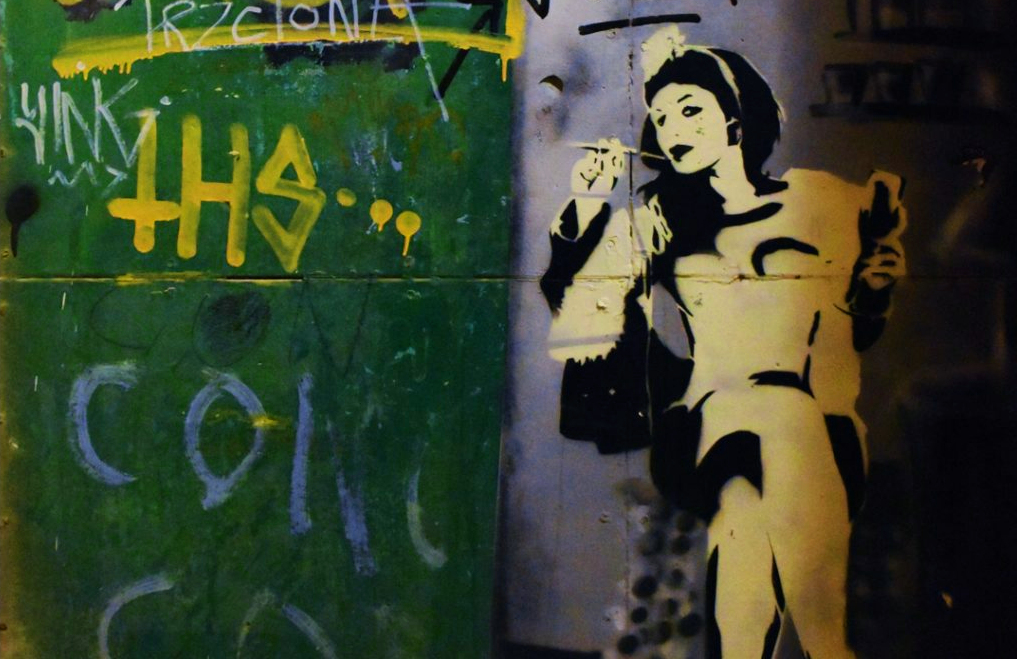
After having been involved into the community consultation processes in preparation for Valletta’s bid to become European Capital of Culture, I’ve started to think about the things that we all share as humans—the commons or the common good.
by Josephine Burden
Picture by Raisa Galea
I hear the sounds of place more clearly as I grow old, as though the earth is calling me home. Some people stay and listen profoundly to one song until they fade into the walls and become the notes that others hear. Some move on and weave new harmonies into the song of life.
I wanted to hear the notes of new places and sail on a wash of sound until the rhythms carried me into deeper water where snatches of the songs of the world rippled across the surface. Perhaps I could pick up a minim here, a quaver there and although I can’t read music, I could work the notes together in my head and listen for the music in words.
Josephine Burden, Songs for a Blind Date, 2013, Prologue.
[dropcap]I [/dropcap] came to live in Valletta 8 years ago, just before the community consultation processes began in preparation for Valletta’s bid to become European Capital of Culture. As a resident and now a citizen, I have been involved with the community consultation in preparation of the ECoC bid, with annual conferences during the years of preparation, with research projects undertaken by Valletta 2018 partners, and with various creative projects as a participant myself. My own creative process has continued during that time and I like to think that the process of Valletta 2018 and my personal process have informed each other.
Two things have happened during that time: firstly I have begun to see my life as a process of action research; and secondly, I’ve started to think about the things that we all share as humans—the commons or the common good.
[beautifulquote align=”left” cite=””]I am hopeful that the concept of the commons will become clearer as I write this reflective series about Valletta and the changes that impact on us as residents.[/beautifulquote]
Action research seeks to understand process, generally with an aim that is shared amongst the participants. That aim is often about improving practice. My aim during the past ten years has been to learn to live well in a new country and in a new phase of my life post retirement from full-time paid work. I am hopeful that the concept of the commons will become clearer as I write this reflective series about Valletta and the changes that impact on us as residents.
First, let me say that many people of goodwill have worked hard to create enduring pieces of artwork and ephemeral spectacles around Valletta and Malta more broadly. The sheer volume of art exhibitions, new theatre productions, festas and fireworks has overwhelmed me.
There is no doubt that Valletta 2018 has raised crowding and noise levels in Valletta and I’m sure that there will be statistics that show this quantitative effect. Some people will call this the legacy of increased vibrancy and perhaps I am in a minority when I hope that increased noise and overcrowding will not be one of the continuing legacies of Valletta 2018. I raise the issue at the start of this series because I think that contradictions are inherent in the concept of legacy.
Some of those contradictions emerge strongly when I consider my experience of the four flagship infrastructural projects of Valletta 2018, and I’m going to start the series with one of them, Strada Stretta (Strait Street). Valletta 2018 claimed these flagship projects as significant in relation to legacy and they all involve restoration of historic buildings or sites. So how do they shape up in the light of the common good?
![]()
[beautifulquote align=”left” cite=””]The rash of commercial tables and chairs particularly around the junction with Old Theatre Street contradicts any legacy of public space as the lifeblood of citizen interaction.[/beautifulquote]
Strada Stretta was already a functioning street with residents living in assumed harmony with the run down cafes and bars that still operated along its narrow length. Some will remember the uproar that greeted the announcement that Valletta 2018 intended to turn Strait Street into another Paceville. That didn’t happen but the rash of commercial tables and chairs particularly around the junction with Old Theatre Street contradicts any legacy of public space as the lifeblood of citizen interaction.
Residents are prevented from accessing their front doors and pedestrians have to squeeze through insensitive party-goers. There are also a number of abusive structures in lower Strait Street that have justified their existence by claiming cultural partnership with Valletta 2018. These structures are said to be temporary and will be removed once the year is over. My hope is that Valletta 2018 will take some responsibility in making sure that the street wide balcony and cattle platforms for paying customers do not become an enduring legacy. I’ve already spent too much time battling with the Planning Authority as commercial interests apply to sanction unpermitted structures that abuse our common heritage.
However, Strada Stretta also now offers creative and social venues that support civil action and innovative projects. The Splendid Hotel has hosted multiple small performances and events that are innovative, challenging and contribute to a legacy of co-creation. The activist NGO, Moviment Graffitti, have their premises in a central spot on the street and host film nights and debates. Residents in the Vincenti Building in the upper levels of the street have begun to host their own events to raise particular issues in the public domain.
[beautifulquote align=”left” cite=””]However, Strada Stretta also now offers creative and social venues that support civil action and innovative projects.[/beautifulquote]
So the legacy of Strait Street is mixed and already, you are perhaps picking up two of the practices that enable the aim of helping citizens to live well. First, good neighbourliness and the extent to which design and action take account of people. And second, the extent to which public space—the streets, squares, parks—enables human interaction.
In the coming weeks, I will pursue these practices further in relation to three more of the flagship projects, Is-Suq Tal-Belt (the old Valletta markets), MUŻA (Malta’s national-community art museum) and Il-Biċċerija (Valletta Design Cluster).
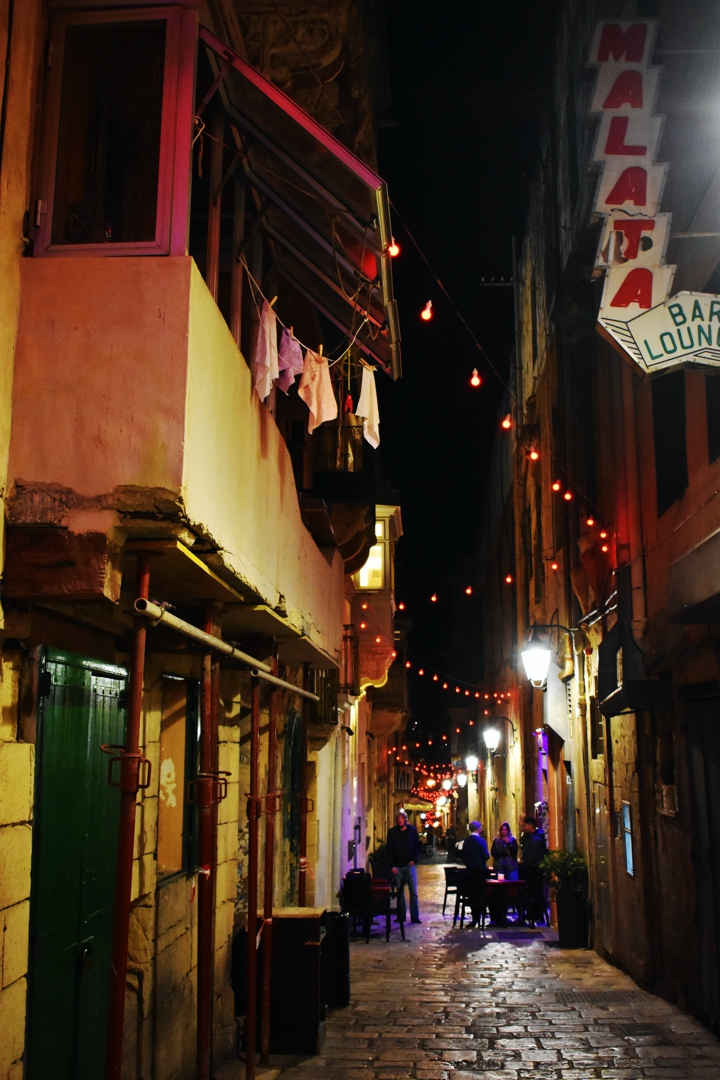
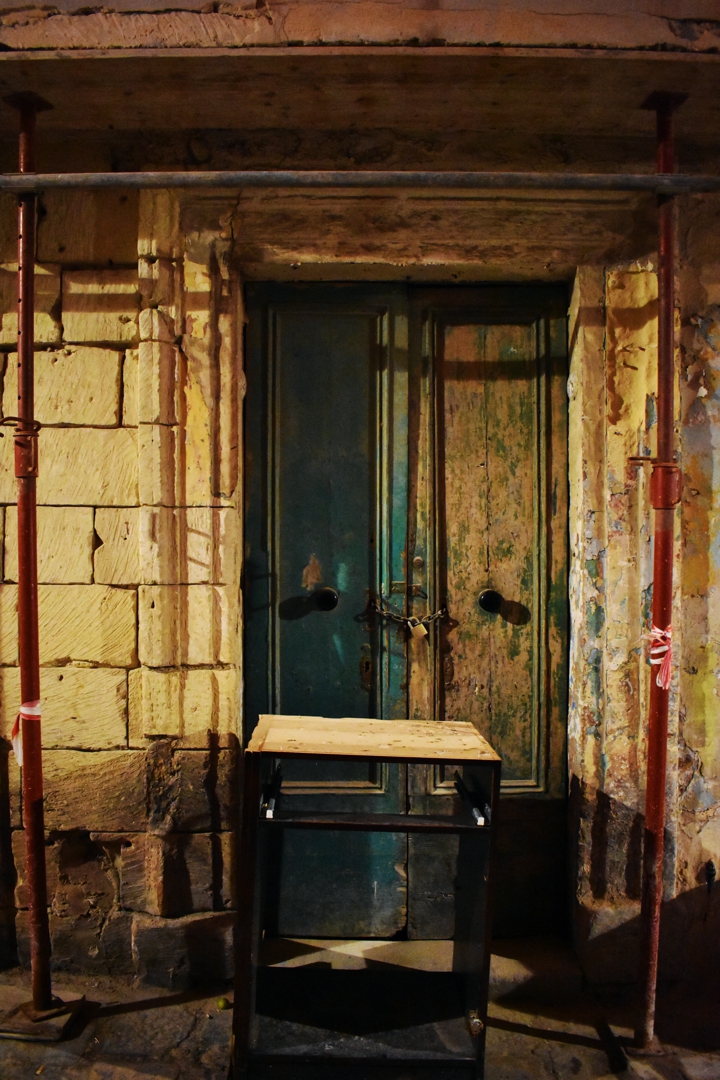
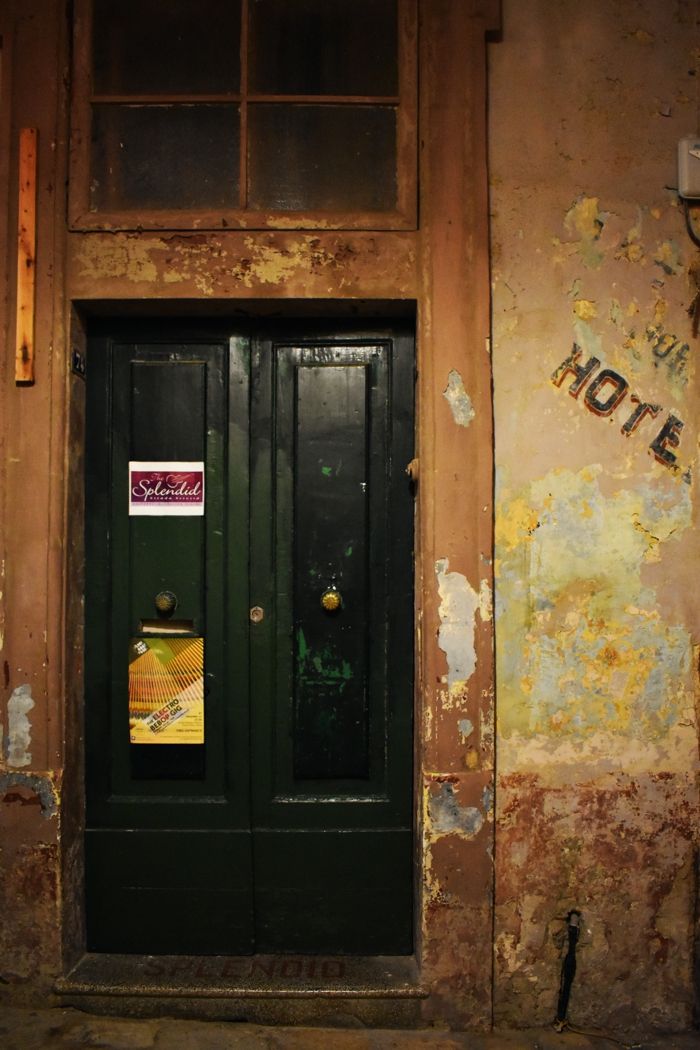
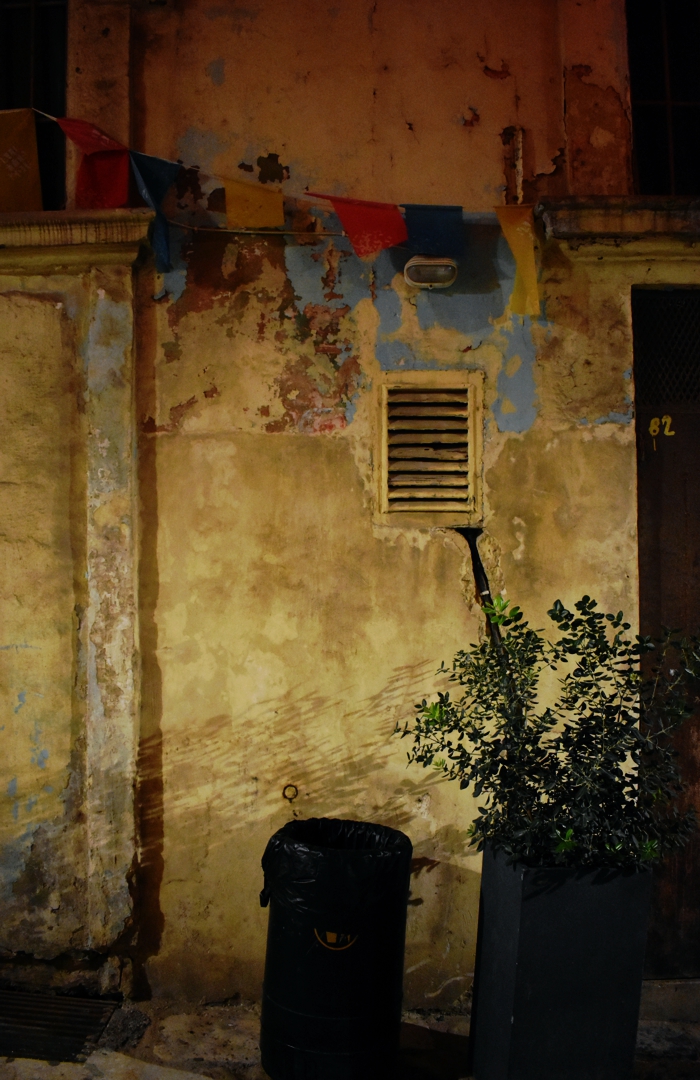
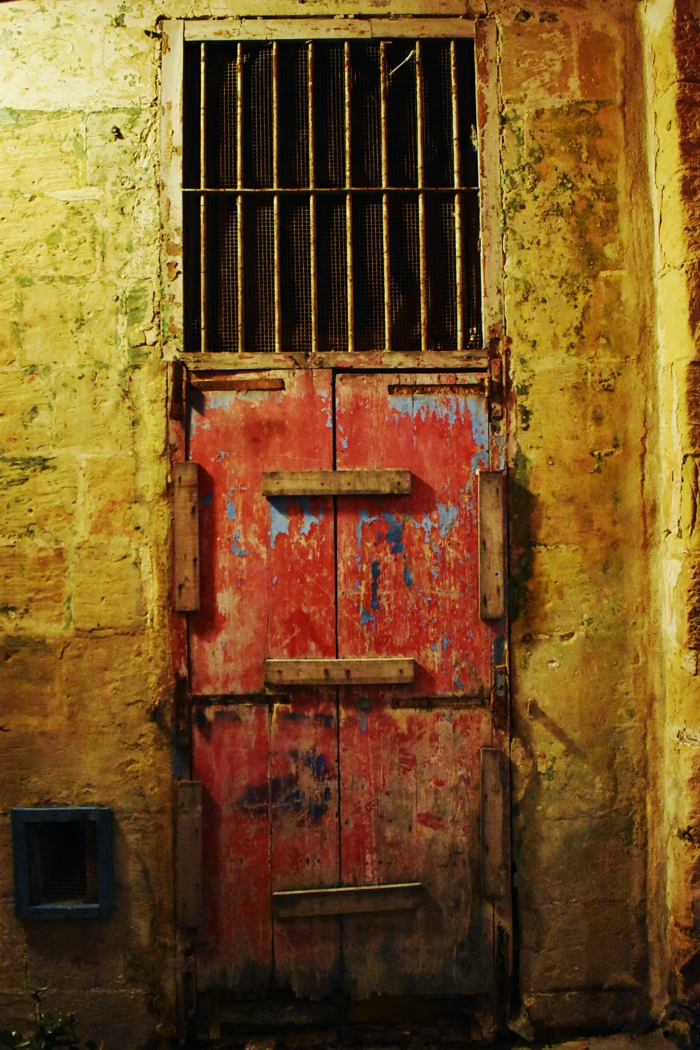

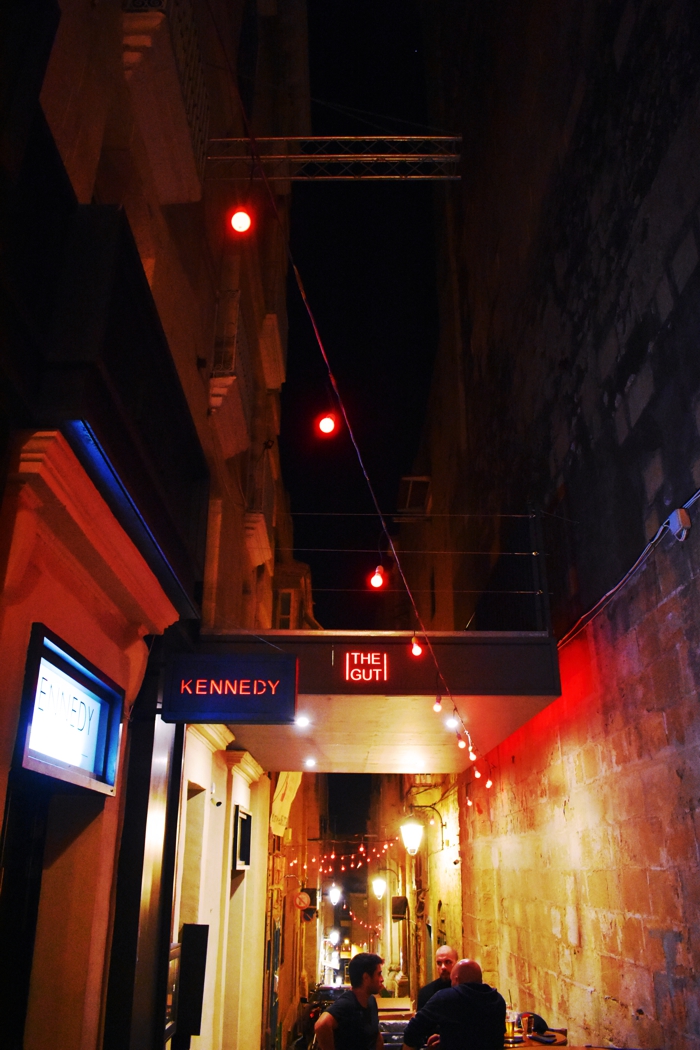
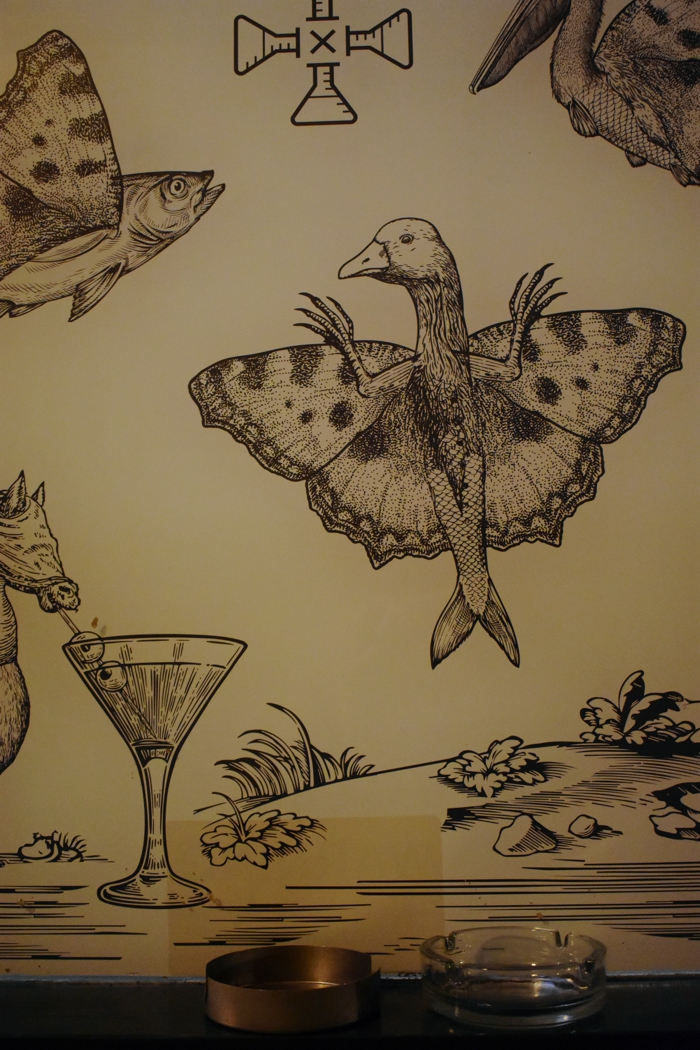
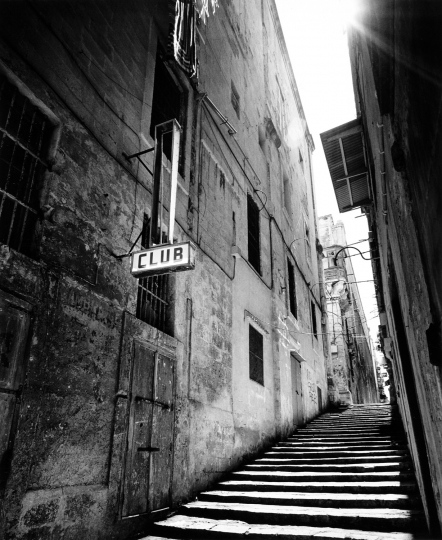
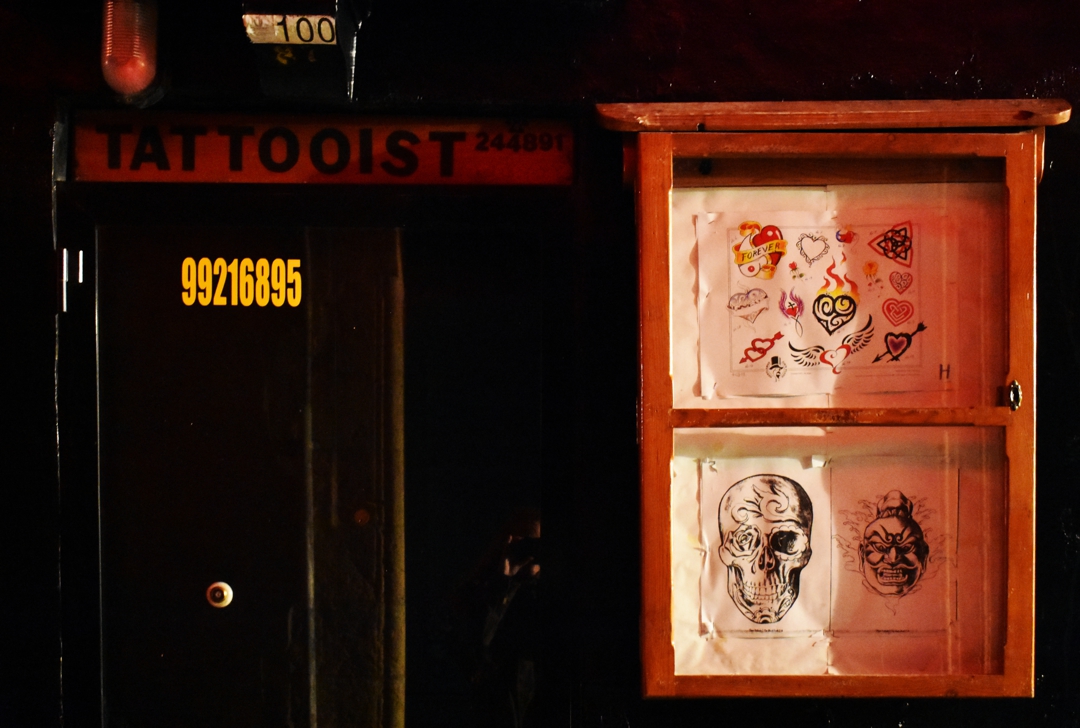
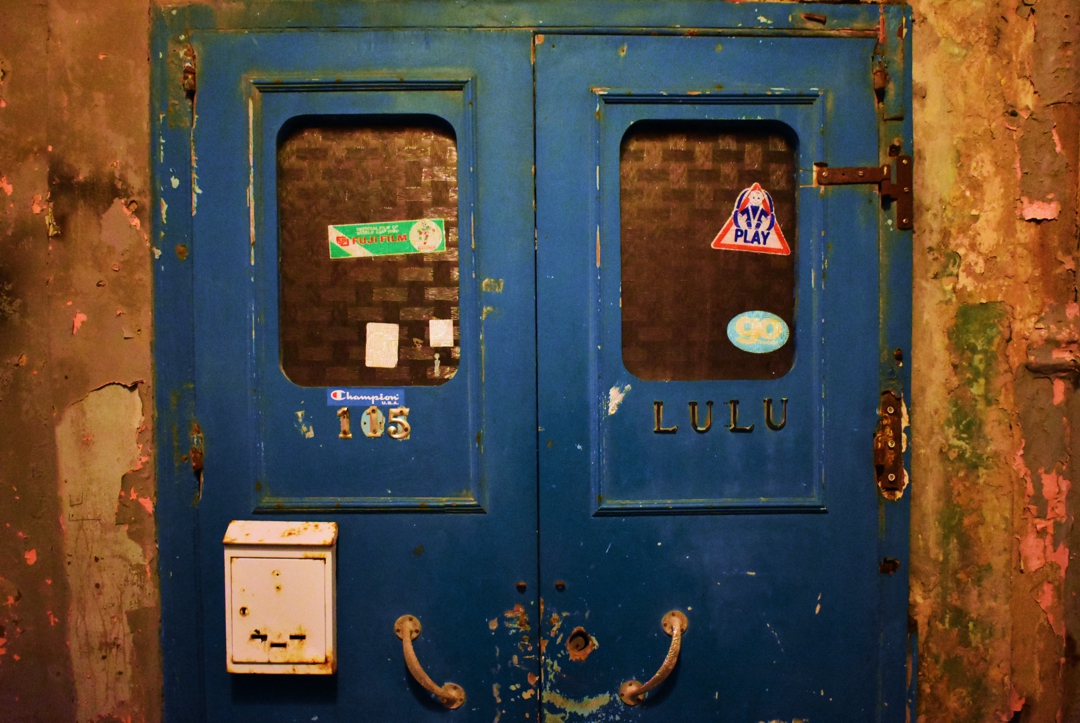
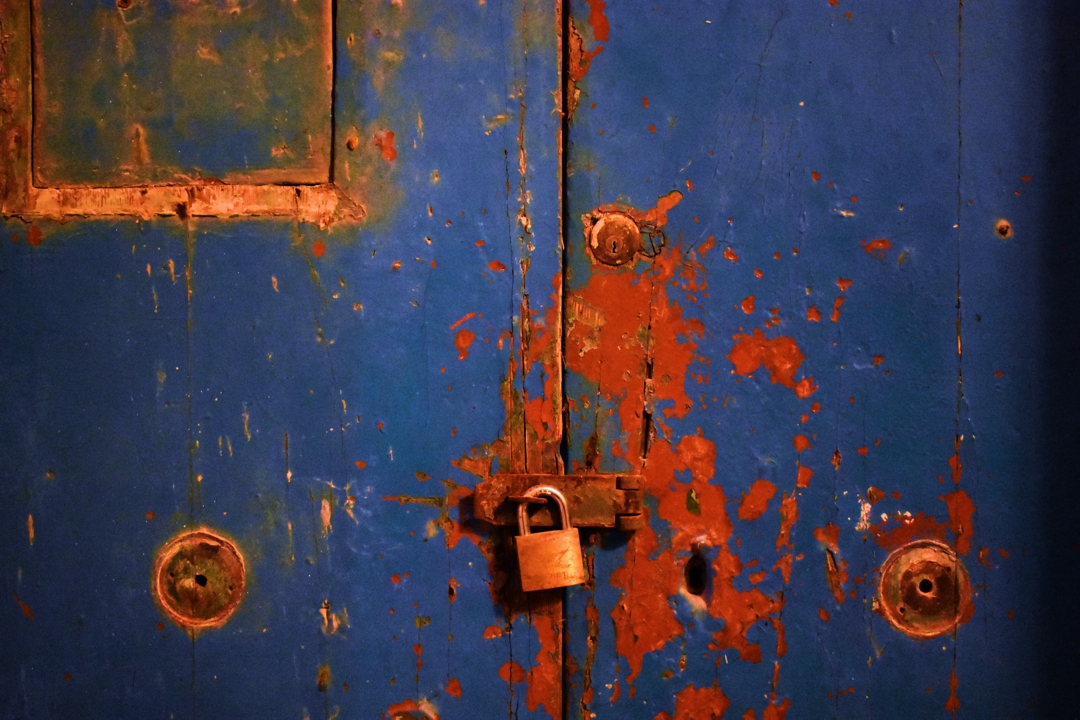
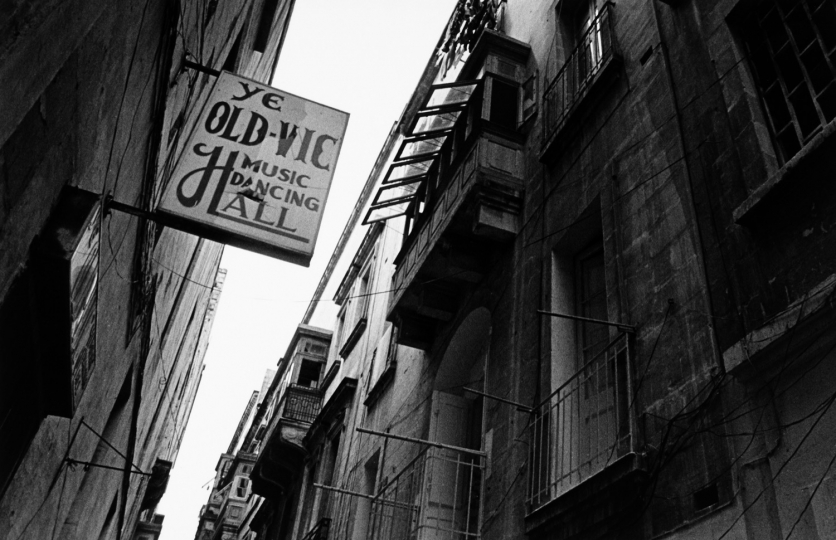
Hi Jo,
I had the great pleasure of experiencing Strait Street during my visit to Malta in 2017. The event was a performance by Mario Pirovano of Dario Fo’s savagely satirical Teatro Buffo. That night remains a highlight, not only of my trip to Valletta, but of my lifetime theatre-going. The narrow street provided an evocative setting. I appreciate that as such events develop and gain a following they will outgrow the physical limitations of the location. The issue is to find a way that enables the various interests to co-exist and prosper.
I look forward to future bulletins.
Fond regards,
Patrick
Hello Patrick, yes, I was sorry to miss that production. I did catch Star of Strait Street at the same venue, The Splendid, and that has gone on to tour Australia and UK. So perhaps Strait Street will extend its physical limitations by seeding shows that enjoy a particular wider audience further afield. My concern in this series of articles is to try and understand how we can find ways “that enable the various interests to co-exist and prosper,” (your words), so thanks for your interest and comment. Look forward to seeing you again on your next visit to Valletta! Jo
Hi Jo, I share your concern that public space must be preserved from encroachment by commercial interests. This is a problem in Brisbane, where I live. Any chance of catching up when you’re next in Australia? Patrick
Yes, I’m on my way. Leaving here Wednesday